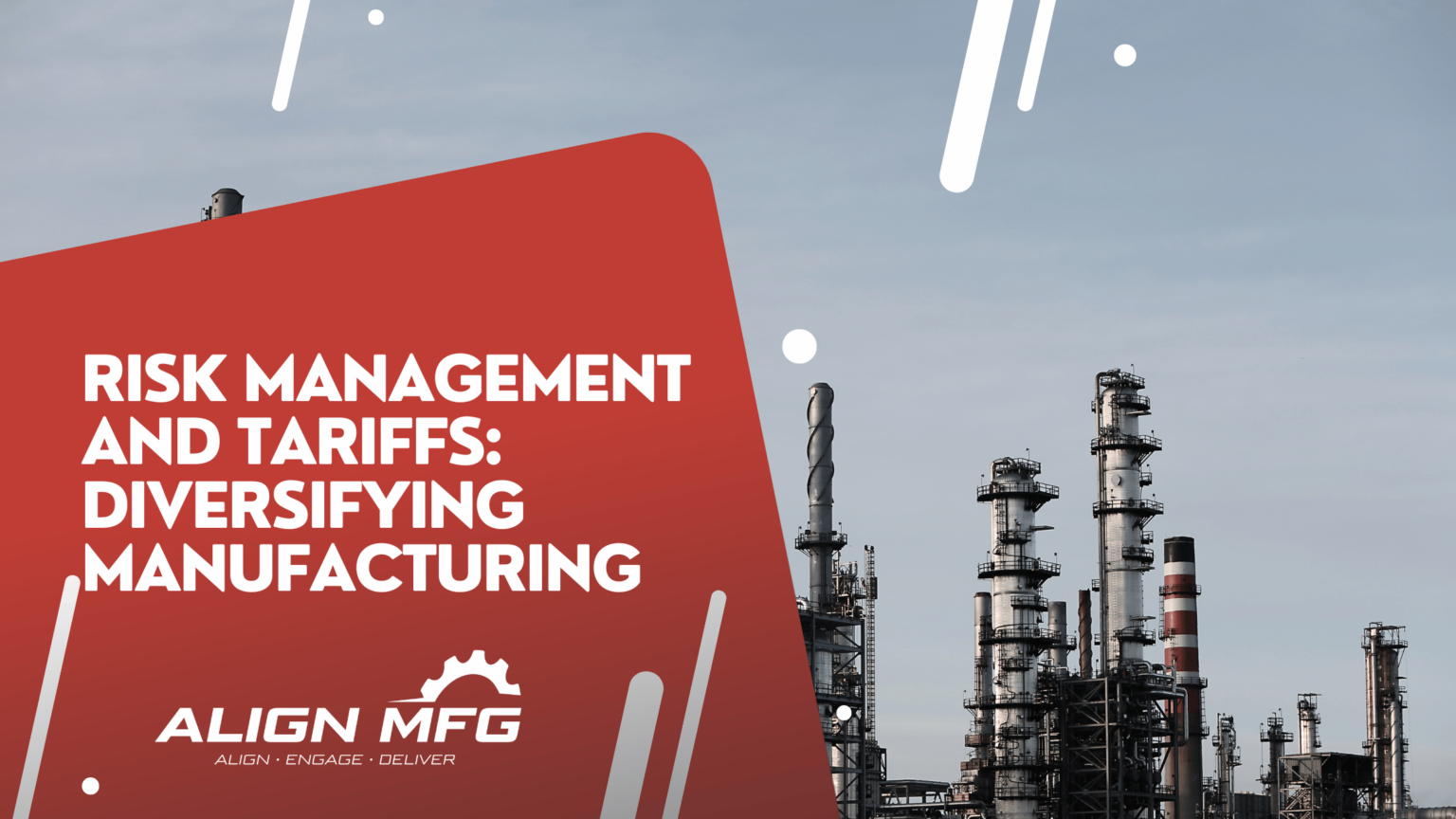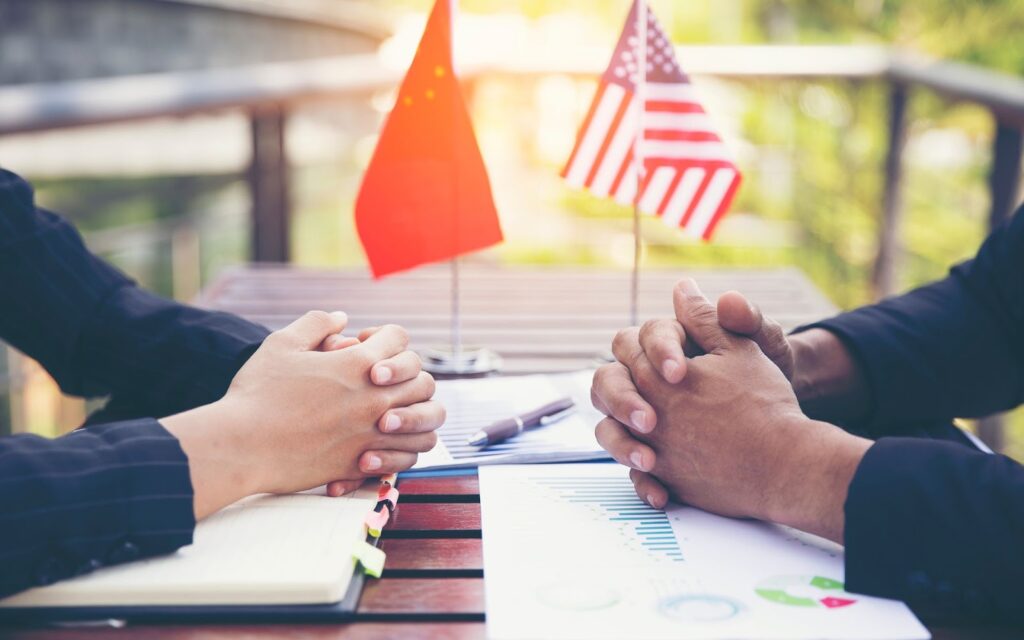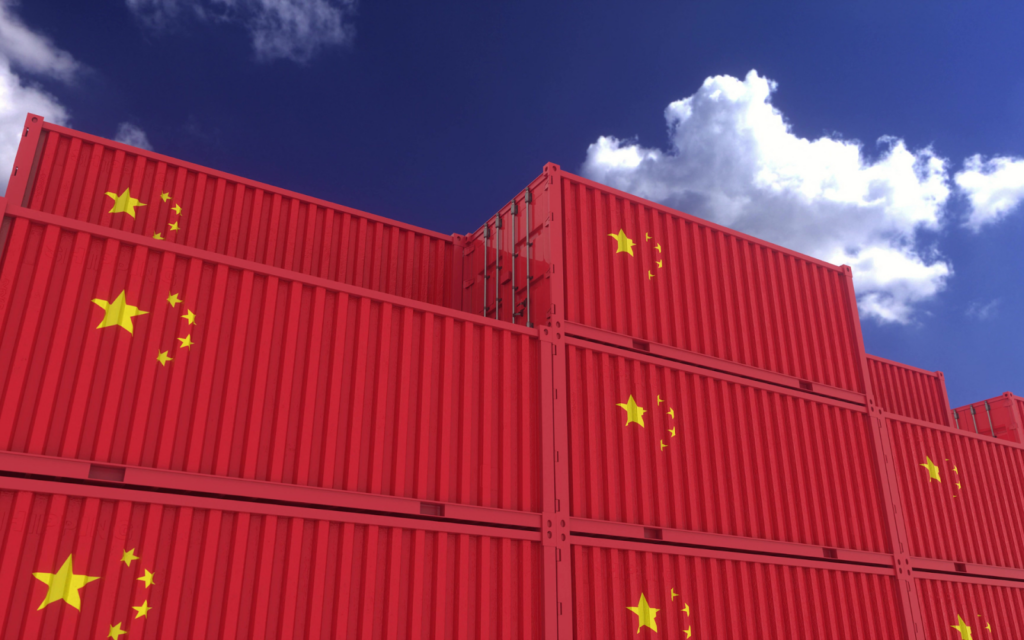
Risk Management and Tariffs: Diversifying Manufacturing from China to Vietnam, India, and Thailand

The COVID-19 pandemic has underscored the fragility of global supply chains, revealing the pitfalls of overreliance on a single source. Production delays and shortages highlighted the need for a resilient supply chain, which is crucial for the survival and continuity of businesses in turbulent times.
In response, companies are increasingly turning to diversification as a strategic risk management tool. Diversifying manufacturing beyond China to include emerging hubs like Vietnam, India, and Thailand has become essential. This strategy not only mitigates tariffs and cost impacts but also ensures market access, reduces lead times, and builds a robust supply ecosystem capable of withstanding future disruptions.
Economic and Political Risks in Global Manufacturing

Navigating the economic and political landscapes is vital for managing global manufacturing risks. Understanding tariffs and the political climate’s impact on production and investment is fundamental.
Tariffs and Trade Tensions Between the US and China

Ongoing tariffs and trade tensions have led businesses to reassess their strategies. Increased costs due to tariffs on Chinese goods drive companies to explore alternative manufacturing locations. For instance, the US imposed tariffs on approximately $550 billion worth of Chinese goods, prompting a significant shift in supply chain strategies.
Country-Specific Risks
Economic stability, fluctuating currencies, bureaucracy, and the ease of doing business vary by country. These factors impact the efficiency and cost-effectiveness of manufacturing in Vietnam, India, and Thailand. Vietnam’s GDP grew by 2.9% in 2020 despite the pandemic, showcasing its economic resilience.
Political Climate
Political stability and government policies significantly influence the attractiveness of a country for foreign direct investment (FDI). A supportive political environment offers incentives, infrastructure, and predictability, making it an appealing choice for manufacturers. Thailand’s political stability and pro-business policies have attracted substantial FDI, with inflows reaching $14.6 billion in 2021.
Tariffs and Trade Barriers: Navigating Challenges
Tariffs and trade barriers shape the global manufacturing landscape, influencing decisions on production locations. The US-China trade war has led to increased tariffs, prompting companies to rethink their supply chain models.
| Strategies for Mitigating Tariff Risks: |
| Supply Chain Diversification: Spread production across multiple countries to minimize dependency and tariff exposure. |
| Nearshoring: Move manufacturing closer to end markets to reduce transit times, costs, and tariff impacts. |
| Vertical Integration: Control more stages of the supply chain to decrease reliance on imported materials. |
| Regional Trade Agreements: Agreements like the Comprehensive and Progressive Agreement for Trans-Pacific Partnership (CPTPP) and the Regional Comprehensive Economic Partnership (RCEP) reduce tariffs and ease trade, offering new opportunities for manufacturers. For example, RCEP covers 30% of the global GDP, enhancing trade prospects in the region. |
Diversifying Manufacturing from China

Companies are increasingly moving manufacturing from China to Vietnam, India, and Thailand, which offer lower labor costs, abundant resources, and growing economies.
Vietnam
Known for its skilled workforce and favorable trade agreements, Vietnam is a popular choice for relocating production. The country’s electronics exports were valued at $96 billion in 2020, reflecting its manufacturing prowess.
India
With a large consumer market and investment-friendly policies, India presents numerous opportunities for diversification. India’s pharmaceutical exports grew by 18% in 2020, showcasing its competitive advantage in this sector.
Thailand
Thailand offers a stable political environment, good infrastructure, and a skilled labor force, making it ideal for expanding beyond China. The country’s automotive industry produced 2 million vehicles in 2019, highlighting its manufacturing capacity.
Advantages of Manufacturing in Vietnam, India, and Thailand

Labor Costs and Skills
Vietnam, India, and Thailand offer competitive labor costs and skilled workforces. Vietnam excels in textiles and garments, India in pharmaceuticals and technology, and Thailand in automotive and electronics manufacturing. For instance, Vietnam’s average monthly wage in manufacturing is around $250, significantly lower than China’s $650.
Infrastructure and Logistics
These countries are investing in infrastructure to meet manufacturing demands. Vietnam has improved port and transportation facilities, India’s logistics sector is growing, and Thailand’s Eastern Economic Corridor is enhancing its infrastructure.
Industry-Specific Opportunities
Each country excels in specific industries, drawing substantial foreign investment. Vietnam is a leader in electronics, India in automotive, and Thailand in both automotive and electronics.
For Align MFG’s metal parts and engineering solutions, Vietnam offers competitive labor costs, India boasts a scalable workforce, and Thailand provides a balance of cost-effective and skilled labor.
Evaluating Benefits
Diversifying manufacturing locations provides numerous advantages, including better market access, enhanced supply chain resilience, and attractive investment incentives. These factors contribute to increased business stability and profitability for Align MFG’s metal parts and engineering solution.
Infrastructure and Logistics in Vietnam, India, and Thailand
Assessing infrastructure and logistics is key to successful manufacturing diversification.
Transportation Networks
Vietnam has major ports and is investing in road and rail upgrades. India has extensive railways but rural connectivity issues, while Thailand has superior ports and road networks.
Logistics Efficiency
Cities like Ho Chi Minh City, Mumbai, and Bangkok are logistical powerhouses. Vietnam and Thailand score well in logistics proficiency, while India is improving through initiatives like ‘Sagarmala’.
Government Investment
Governments in these countries are heavily investing in infrastructure to support manufacturing. Vietnam is focusing on highways and airports, India on urban and industrial ecosystems, and Thailand on sustainable infrastructure.
Embracing a Multi-Faceted Future in Manufacturing
The need to diversify manufacturing bases is critical for building resilience.
At Align MFG, we specialize in helping businesses diversify their manufacturing operations from China to strategic locations like India, Vietnam, and Thailand. We are also diversifying ourselves, establishing production facilities in these countries to manufacture high-quality metal parts. Our unique selling points include our extensive industry knowledge, strong local partnerships, and a steadfast commitment to quality and innovation. By leveraging local resources and optimizing supply chains, we ensure cost-effective and efficient production.
Contact Align MFG to discover how we can support your business in optimizing supply chain resilience and operational efficiency through our expert engineering of metal parts. Our comprehensive services cover various casting processes, parts, and industries, ensuring tailored solutions to meet your specific needs.

